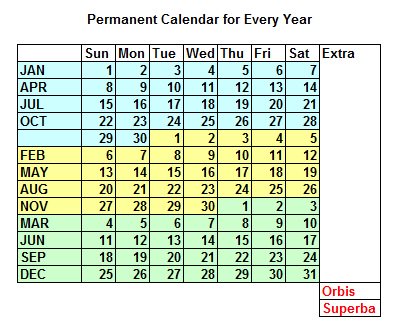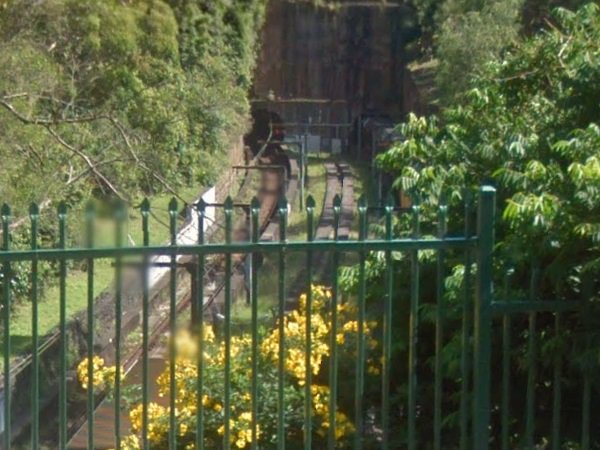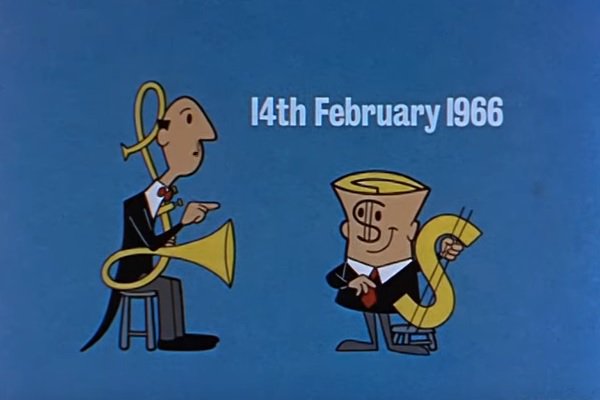I got an email earlier in the week; from someone who wasn't spam!
Rollo Horse whatever,
You like to write about politics and about how things should work. How about you just come out and say directly who you're voting for in this election. Who do you say should be the next President and who do you think that Christians should vote for to uphold our values?
Yours,
Simon Fox
Before I start this post, I'd like to say that I will often answer people's emails and questions and even write blog posts if you want me to. My email address is
rollo75@yahoo.com.au I will also withhold your details if you like.
And now...
Firstly, I need to say that I am not a United States' citizen. I am also not a United States' resident. I have no right to vote in an election, in a country that I don't live in. As an Australian citizen, I have the right and responsibility to vote in elections here and will do so when the next election is called.
I tend to view politics in other countries, particularly in the Anglosphere, in the same way as I do as a neutral spectator of sport. There may even be yelling at the television as the players score pointgoals and over analysis of the results.
Even though I am not an American citizen and have no voting rights, because people know that I am a Christian, I've found that in discussions online especially, people expect me to side with the Republican Party for reasons that elude me. To be honest, I don't really like their stance on many social equity issues. I also don't particularly like the Democrats either because I don't really like their social policies either. As someone who thinks that the state is a demonstrably proven better deliverer of services and infrastructure, the entire of the United States political system is skewed too far to the right for me and I especially don't like the almost free ride given to supranational corporations who have come to expect that they are above the law and in consequence, manipulate political parties and evade taxation, yet are perfectly happy to extract profits.
In this election, the candidate who most closely aligns with my political leanings is Bernie Sanders. If I were a citizen, I would be persuaded to join the Democrats just to participate in the political process to get him installed at 1600 Pennsylvania Avenue. Bernie Sanders isn't really a Democrat and as far as I can tell, only joined that side of the race because it was a means to an end.
In the presidential race, I would probably vote for Sanders but not because he is running as a Democrat. In fact, if Sanders was beaten by Hilary Clinton on the Democrat side of the race, I would vote for a third party candidate out of spite. Actually, I really don't like the vast bulk of policies which have enacted by both parties from well before I was born and as a result, I wouldn't be able to bring myself to vote for either of the two party machines in the Congress. My default position if I had the franchise would be to vote for third party candidates in an American election, just as I do in Australia.
The First Amendment to the Constitution prohibits the Congress from making laws which establish religion or prohibit the free exercise thereof. It does not prohibit people from expressing their faith; nor does it prohibit people of faith from speaking into the Congress.
To this end, I don't understand why if America is supposedly a nation where lots of people profess their faith, why they don't set up political parties for the purpose of speaking up in the political process. The media talks about the parties speaking to "evangelicals" as though they were some ethnic group which has to be appeased, though Paul did write about the concept of our citizenship being in heaven and so there might be some merit in that.
I would personally find insulting to on one hand be spoken to with certain phrases as though I were some vote vending machine who automatically spits out a vote and then on the other, have to sit through other discussions which talk about denying people's dignity. It makes no sense to me why you'd want to vote for someone whose policies actively do nothing for the safety and wellbeing of people at home with respect to issues gun violence and healthcare and what amounts to sabre rattling on the world stage. It also makes no sense to me why you'd want to vote for someone whose policies include the destruction of unborn babies, the legalization of drugs in lieu of providing proper medicine and healthcare and what also amounts to sabre rattling on the world stage.
I very much don't like the existing duopoly and would choose to vote for third party candidates who actually represented policies which upheld the dignity of human life. I don't understand why Christians in the United States continue to support either side of the enmeshed machinery. Democracy is such that if you could get enough support you could throw axes and crow bars into the machine and watch as the whole thing fell in a heap. You could then rebuild the machine so that it actually worked properly.
There is an argument to be made that if you want to affect change then you need to get on the inside. There is merit in this but if sufficient numbers of people dared to be different, this would send a far stronger message than what currently happens where Christian voices just add to the political cacophony. By singing a different song, new noses are added; those noises are distinct.
Who should Christians vote for to
"uphold our values"? Someone who actually
does so, would be a good place to start.
One of the idiotic things about the United States Presidential election system is the stupid winner takes all approach to the Electoral College. In a p!ace like California, if there were four candidates, then someone could take just 26% of the vote and walk away with 53 Electoral College votes. In practical terms this means that if a Christian party was set up, it could in theory go on and take iout massive number of seats, owing to the fact that voting is only optional and that Christians who tend to do community better than the rest of the general population, also tend to be more civically minded and get out to vote. It puzzles me why people who know that their best interests are not being served, continue to vote for the major parties. To keep on doing the same thing and expect a different result is madness.
We do have Christian parties in Australia who dare be different and when you get a large enough block of them in the parliament, they can and do effect change. I'll even openly say that I like the idea of Muslim parties in legislatures because it's important to learn that the vast majority of people have roughly the same sorts of hopes, dreams and desires and that living peaceably with all people first requires listening to what they have to say. I think that one of the greatest contributors to world peace in the latter half of the twentieth century and opening of the twenty-first has been the rise of cheap air travel. Visit other countries and you learn that most people in the world are the same over; all most people really want is to go home at the end of the day and see their families, put a roof over their heads and dinner on the table. Legislators of all political colours and religious creeds should make it their business to ensure that this happens.
The natural objection is the misplaced argument that there should be a separation of church and state. I say misplaced because there's a subtle bait and switch by most people who make such an argument.
It must be said that rule by the clergy usually results in disaster. The internal running of churches is absolutely something which the state should not do and likewise, churches should get on with the task of being the church. This however should never deny individuals, who might very well be excellent politicians and administrators for a national executive, from speaking into parliaments. As a Christian, I want independent voices speaking into parliaments with messages that are obviously and distinctly different. In addition, I think it equally important to have Islamic voices, Bhuddist voices, and religious voices from a whole spectrum of beliefs inside the parliament. I think it necessary in a democracy, to have people of all faiths and indeed no faith, all contributing to the national discussion.
My particular preference for independent candidates, stems from the fact that they do not have to toe the party line, and because of this they are free to highlight unpleasant things which the major parties have colluded in obfuscating. An independent voice which points out the injustice and cruelty of various policies, shatters the silence like a sledgehammer passing through your front window.
To this end, I think that one of the greatest figures in American politics was Teddy Roosevelt. Apart from being a firebrand and something of a maverick, in 1912 he'd had enough of running with the goats and ran like a crazed ram as a candidate for his Progressive Party. He ultimately lost the election and so we'll never know what may have been but I bet that had he been successful, th shock would have been so seismic that we'd be in a vastly different place, more than a hundred years later.
These things might be noble principles for good government a start:
- Do not defraud or rob your neighbor. Do not hold back the wages of a hired worker overnight.
- Do not pervert justice; do not show partiality to the poor or favoritism to the great, but judge your neighbor fairly.
- Do not oppress widows, orphans, foreigners, and the poor.
- When a foreigner resides among you in your land, do not mistreat them. The foreigner residing among you must be treated as your native-born. Love them as yourself.
- There will always be poor people in the land. Therefore be openhanded toward them.
-
Do not exploit the poor because they are poor and do not crush the needy in court,
Someone who considers turning these things into policy sounds to me like someone who I'd like to vote for.
So Mister Fox, who do I think that Christians should vote for to uphold our values? Someone who will do so. Do your research. I just think that a lot of the time, that it's not the two major party machines.
You don't have to follow the goats.




